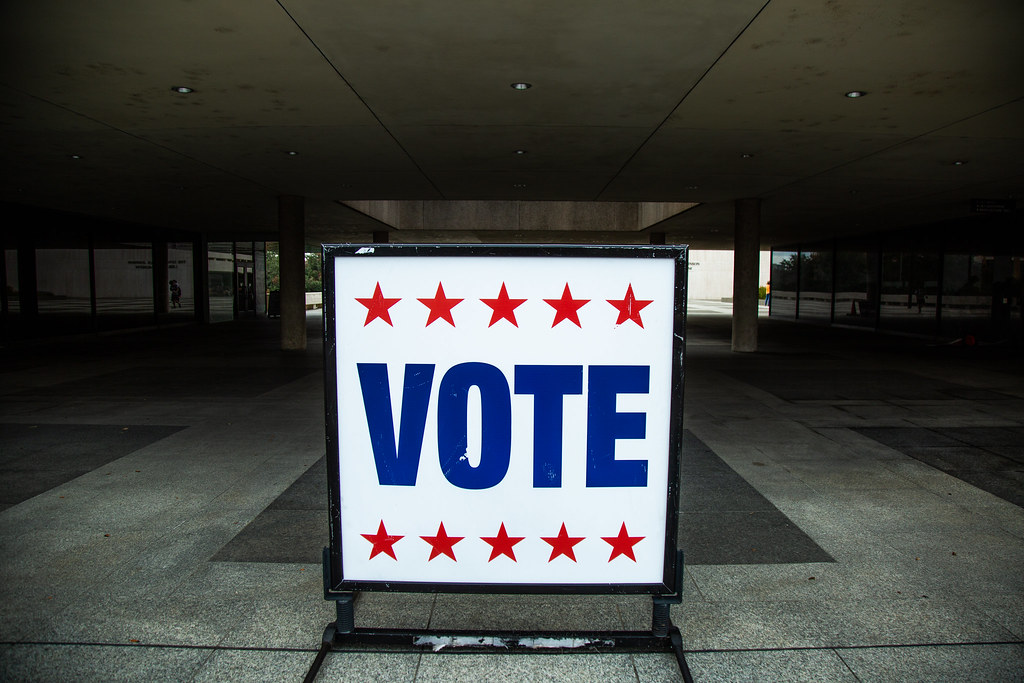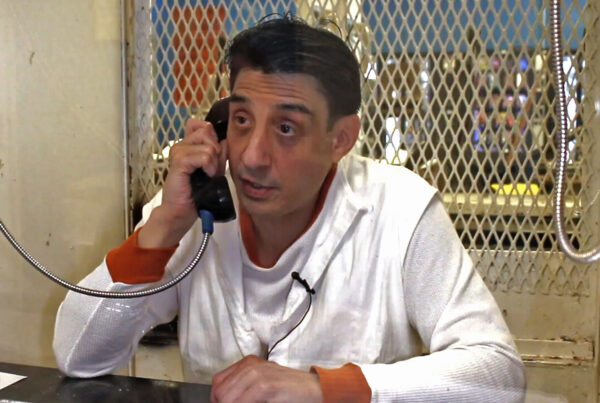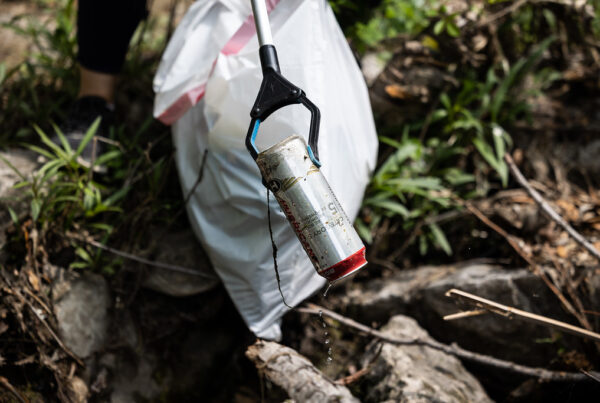The Texas Senate approved a bill this week that would allow people who miss two consecutive federal elections to be removed from the voter rolls.
So-called “use it or lose it” voting laws have already been passed in states such as Ohio and Georgia, and the Supreme Court upheld the practice in 2018. The Texas bill is currently pending in the state House of Representatives.
Mimi Marziani, a voting rights expert and adjunct professor at the University of Texas at Austin School of Law, spoke to the Texas Standard about how the bill might work here.
This transcript has been edited lightly for clarity:
Texas Standard: Why do you think these ‘use it or lose it’ bills are propagating right now?
Mimi Marziani: Well, unfortunately, this is keeping with the trend that we’ve been seeing on election issues in the last couple of years. Quite frankly, Republican policy decisions seemingly are being made by national actors and not by Texans, and they’re being fueled by conspiracy theories and not actual data. And so we’re seeing bills like this that just don’t make sense for Texas voters.
What do supporters say is the advantage of these ‘use it or lose it’ bills? I know that election authorities sometimes struggle with trying to keep their rolls current – people pass away and nobody goes back in and clears names from election rolls, that sort of thing.
Absolutely. You know, if you zoom out a second, everybody agrees that voter registration lists should be accurate and up-to-date. I mean, I have personally brought lawsuits against the state to try to modernize voter registration. I think the real issue here is there are some real commonsense ways to do that: you know, adopting online voter registration, keeping us in a multi-state system where we can compare our data to other states.
This law would actually send snail mail to voters who haven’t shown up for a couple of elections and then kick them off the rolls if they don’t respond to mail. And I mean, I think it’s just common sense that younger voters are less likely to check their mailbox and more likely to be impacted by any law that is hinging their right to vote on their ability to walk down to the mailbox.
Well, we’re talking about missing two federal elections – so, someone who’s just been put on the rolls as a younger voter, they’re not going to be that young anymore, right? I mean, presumably.
I mean, watch it on those assumptions, I guess.
Well, right.
I mean, look, I do think that, again, election policy is complicated. And the way that we should be making decisions is with actual data based on things that are actually working in other states. One of the best devices we have to check to see if somebody has moved, for instance, is a system called ERIC – it’s a multistate registration system. Unfortunately, the same folks that are pushing this “use it or lose it” law are also saying that Texas should drop out of ERIC based on conspiracy theories; The Texas Tribune has done terrific reporting on this.
And so I think the the question here is really, how are we using our scarce election resources and how are we using them in a way that is most effective to keep our rolls accurate and up-to-date and without targeting any specific group of voters.
Is there any debate over whether messy voter rolls can affect the integrity of an election?
So we don’t have any proof of that happening. I mean, the biggest problem that happens with messy data is that we see folks getting purged off the rolls who should not be purged off the rolls because they’re still eligible voters. Going back to your question earlier: Federal law says you cannot be removed from the rolls just because you failed to vote. I mean, we actually have a right to sit out of a couple of elections.
And it’s true that when we have messy data, sometimes you see attempts by the state to try to kick people off the rolls. You might remember that happened in 2019 in a purge attempt that the state was sued successfully over.
You mentioned the legality of these sorts of schemes, but I understand the Supreme Court’s already upheld Ohio’s version of a ‘use it or lose it’ law. Why did they decide it was legal?
That’s correct. So the argument in the Ohio case was that having a system like this effectively hinges your right to vote on whether or not you do actually turn out for elections – which, again, is illegal. The Supreme Court said that it was enough of a safeguard to send out these mailed confirmations. And so Texas’s law is legal as written based on that decision.
Again, though, I think it is just common sense that younger folks, people who move more often, I mean, just as a society, we are less and less likely to check our snail mail. And that’s not a very effective way of reaching people.














